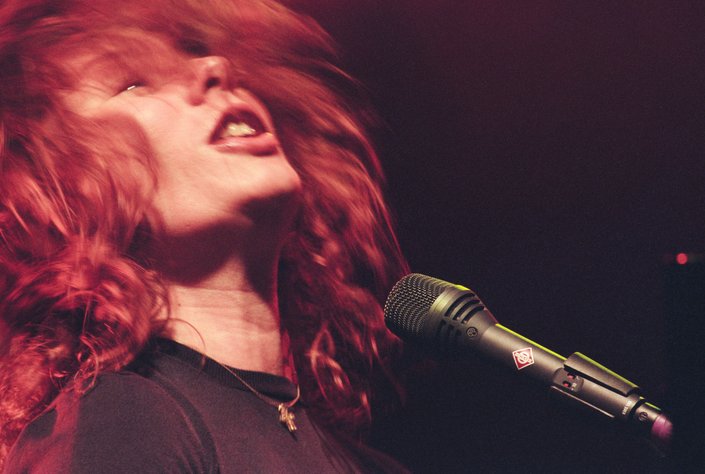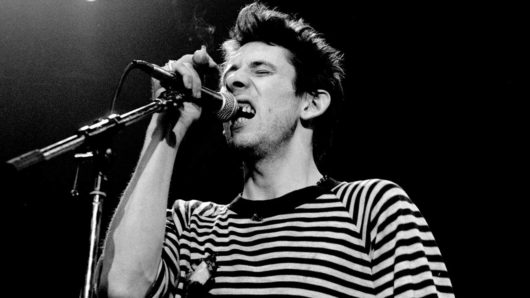Born Myra Ellen Amos on 22 August 1963 – but known to legions of fans simply as “Tori” – the flame-haired singer-songwriter and pianist broke through in 1992 with Little Earthquakes: a groundbreaking debut that fearlessly tackled misogyny, religion and female sexuality. She has been fighting ever since, selling more than 12 million albums and receiving multiple Grammy nominations. Raw, confessional and heartfelt, the best Tori Amos songs take the listener on an emotional journey, and her music has been turned into a graphic novel, a successful musical and, more recently, seen Amos return to her classical roots.
Amos is an artist of dualities. The daughter of a Methodist minister who questions conventional Christianity; the child prodigy who, aged five, was the youngest ever student to be admitted to the prestigious Peabody Institute, but who was expelled by the age of 11 for her passion for rock music and insistence on playing by ear; the classical concert pianist who writhes at the Bösendorfer as she sings about sex, religion and politics – she proves as tricky to pin down as her songs are. She thinks of them as her daughters, “but with a lot more intelligence than I have… If you can imagine a daughter being born and she goes off to college in high heels and says, ‘Thanks for having me, mum. Bye!’”
The personal is often political for an artist who’s never scared to tackle the weightiest of subjects with courage and flair, winning millions of devoted fans as a result. Here, then, are the 20 best Tori Amos songs…
Listen to the best of Tori Amos here, and check out our best Tori Amos songs, below.
20: Smells Like Teen Spirit (Crucify B-side, 1992)
An iconic cover, Tori’s take on Nirvana’s grunge anthem appeared as the B-side of her 1992 single Crucify, from Little Earthquakes, and was included in the deluxe reissue of the album, in 2015. From an artist who had to battle to be taken seriously in an era of guitars and grunge, the power of the acoustic piano and her emotional commitment to the song speak for themselves. “It was a real fight to get people to have a different image of what the piano was,” Amos told this author of her breakthrough as a solo artist. “I refused to see how it had been boxed in to this definition of passive and non-confrontational.” Nirvana’s frontman, Kurt Cobain, dubbed the cover “a great breakfast cereal version”, but there’s something of the night about it, too – in the best possible way. The singer played it to an emotional audience in a Berlin church the day after Cobain died, though she had difficulty finishing it.




